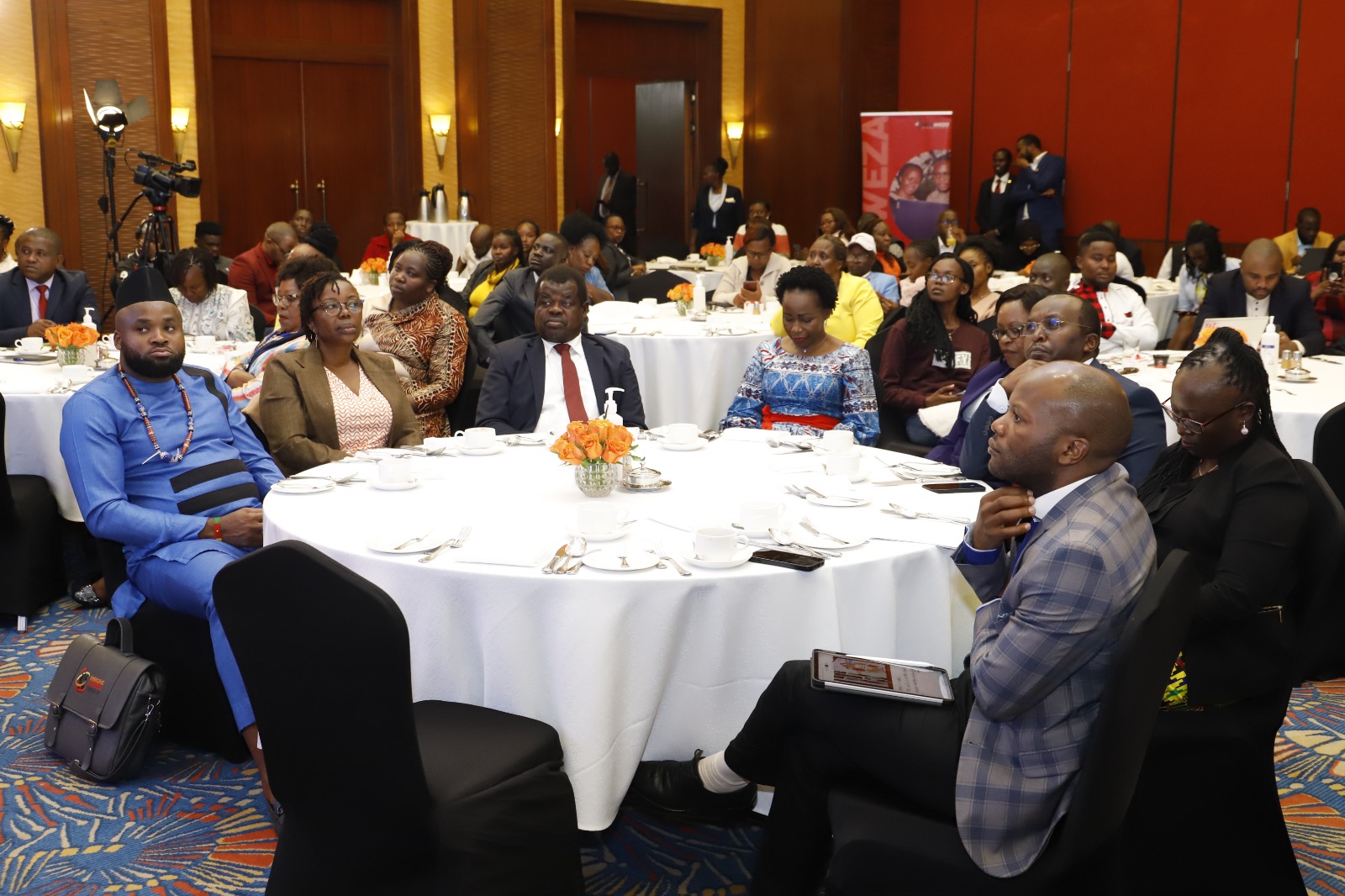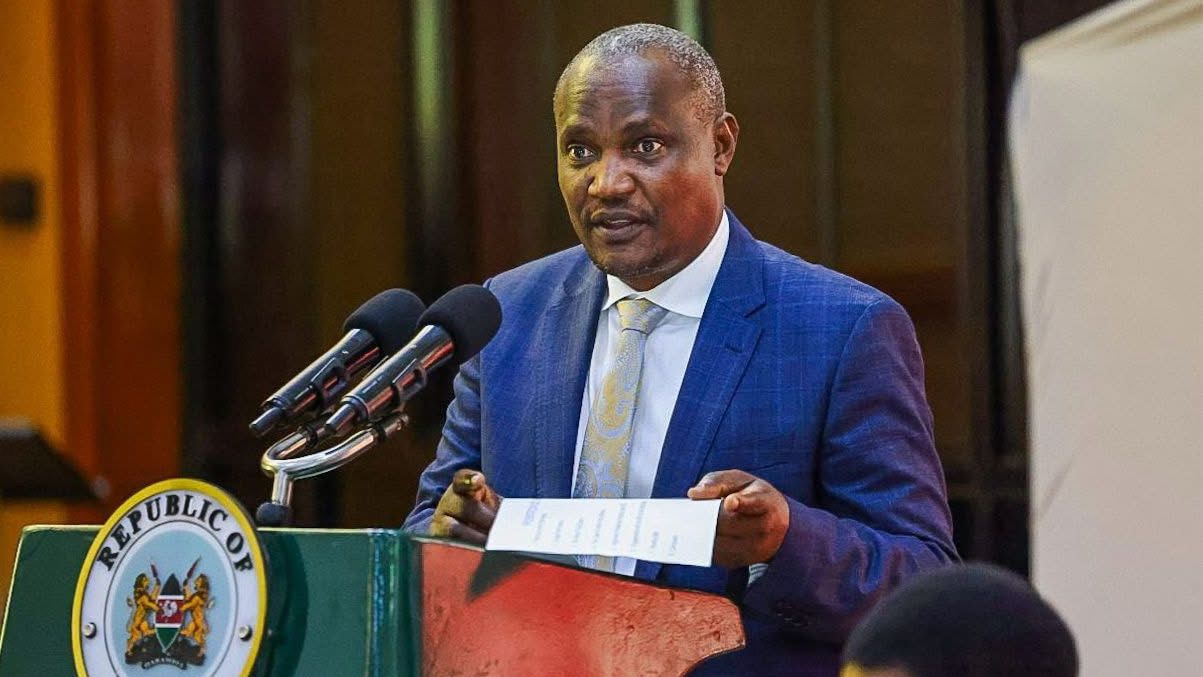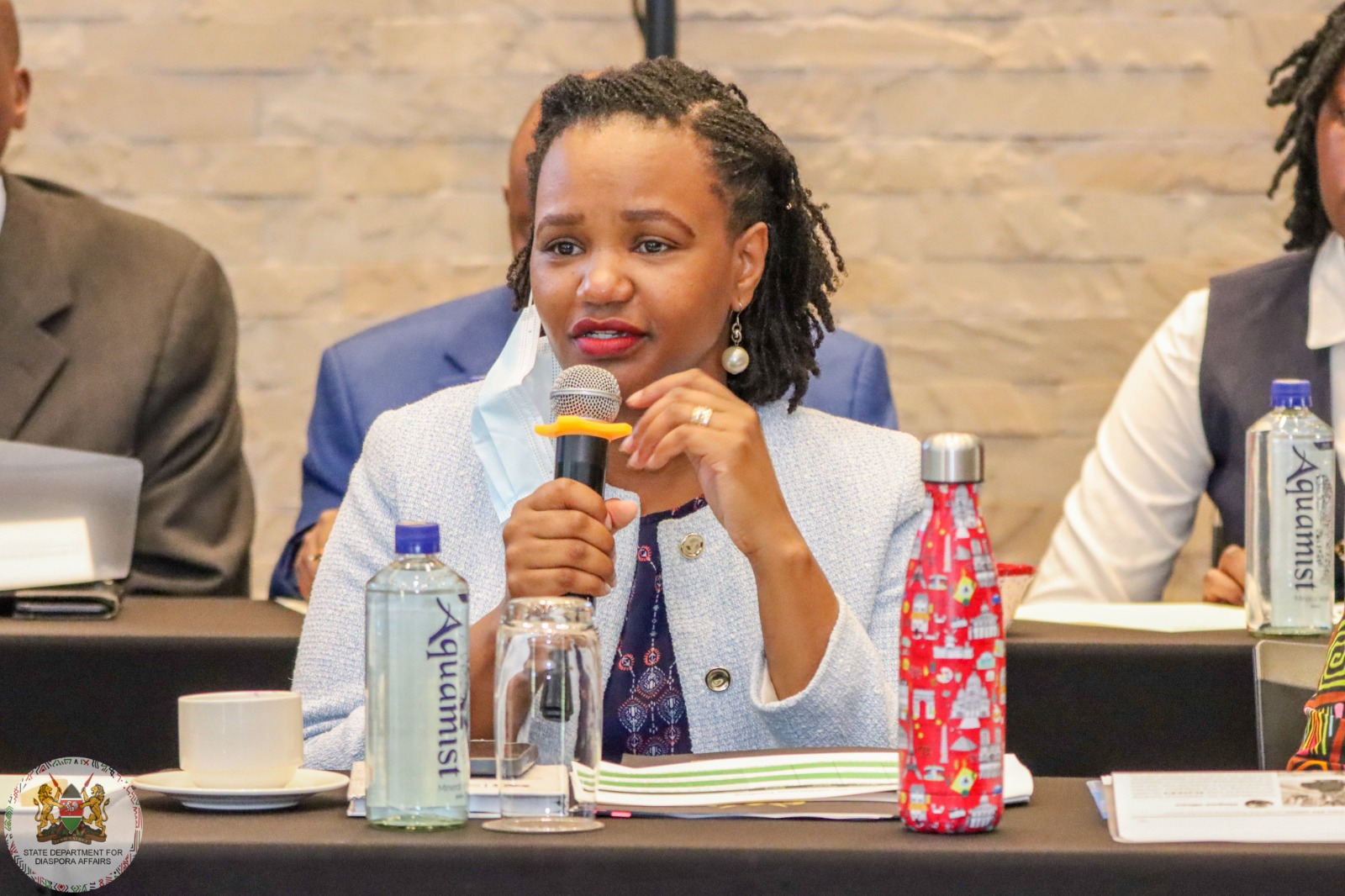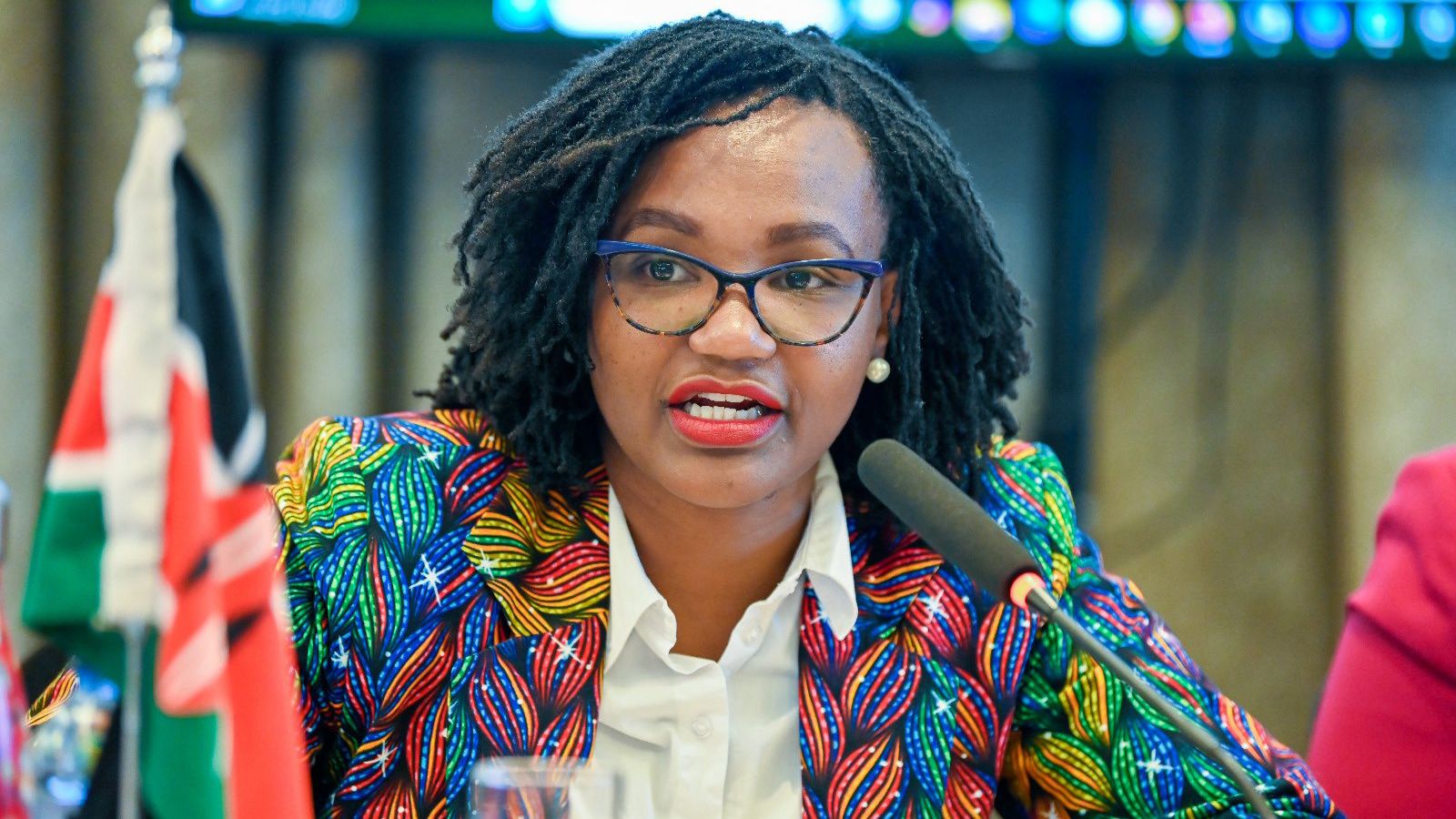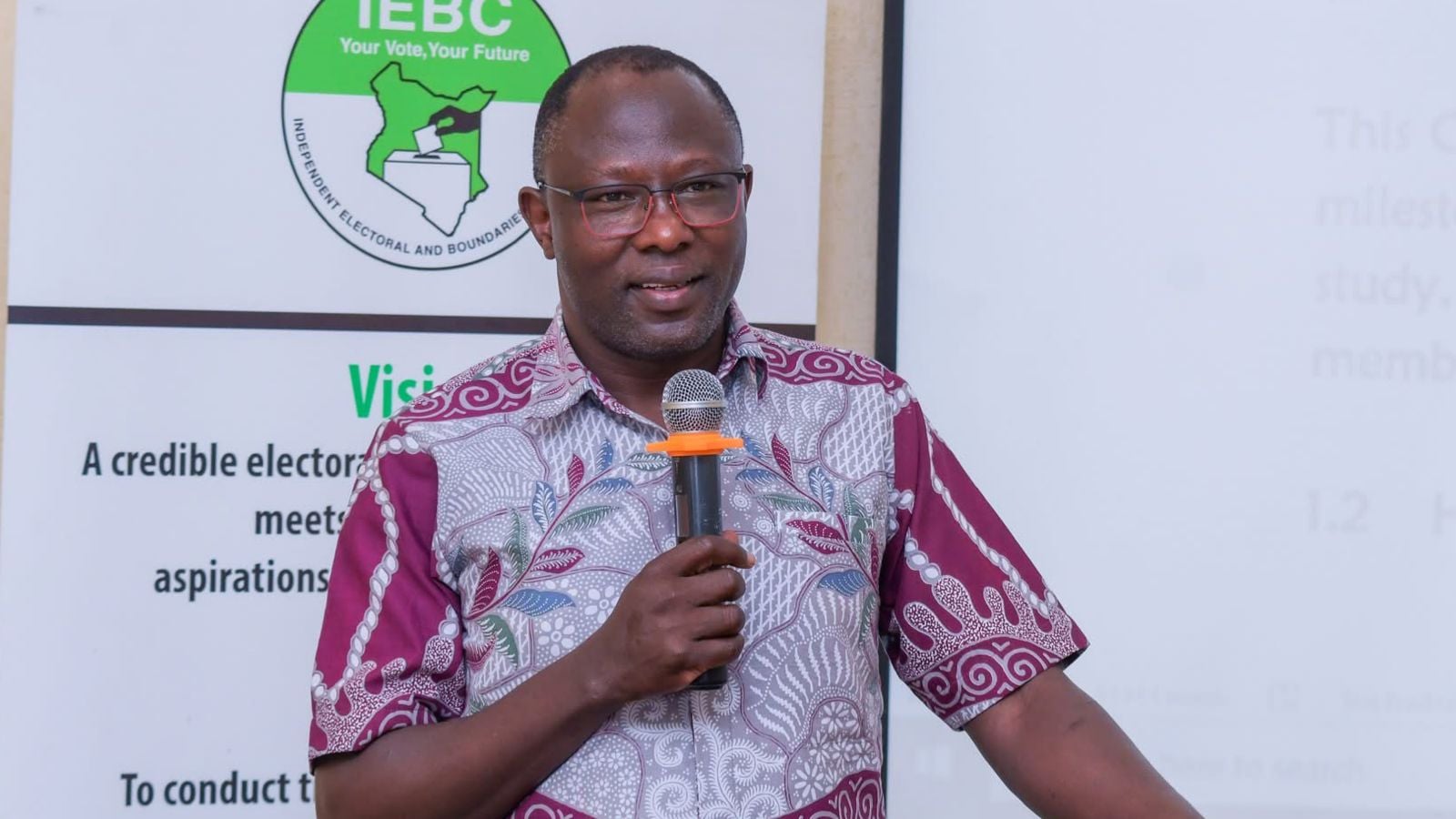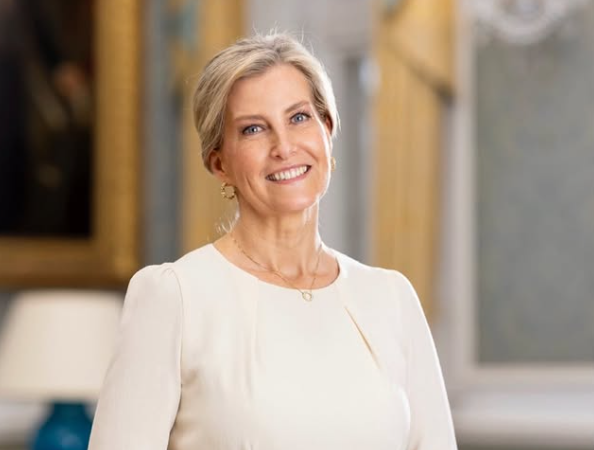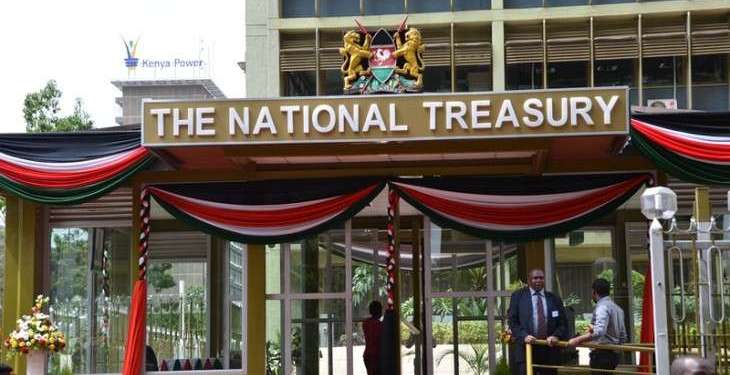The Emerging Leaders Foundation has launched a report on the Tunaweza Youth Project that was started in 2017 to establish what makes youth-led social accountability work.
ELF executive founder Caren Wakoli, Busia Senator Okiya Omtatah, ELF board members, and several civil society organisations graced the launch of the research report dubbed Effectiveness and Impact of Youth-led Social Accountability, the case of the Tunaweza Project at an event held in a hotel in Nairobi on Thursday, September 14.
"The Tunaweza Youth Project started in 2017. Its main aim was to engage Youth and to renew the spirit of ownership in the devolution process. Most youths were not involved in the devolution process and they felt the disconnect between them and county government," Wakoli said during the launch.
Read More
ELF-Africa engaged a team of consultants to carry out independent research to evaluate the effectiveness of youth-led social accountability mechanisms in enhancing citizen participation and accountability in implementing County Integrated Development Plans (CIDPs) in Kenya.
The scope of the research was limited to five counties where the ELF Africa Tunaweza project is being implemented.
The counties are Uasin Gishu, Makueni, Migori, Murang'a and Kilifi. The county coordinators were tasked with the mobilisation of participants for the research.
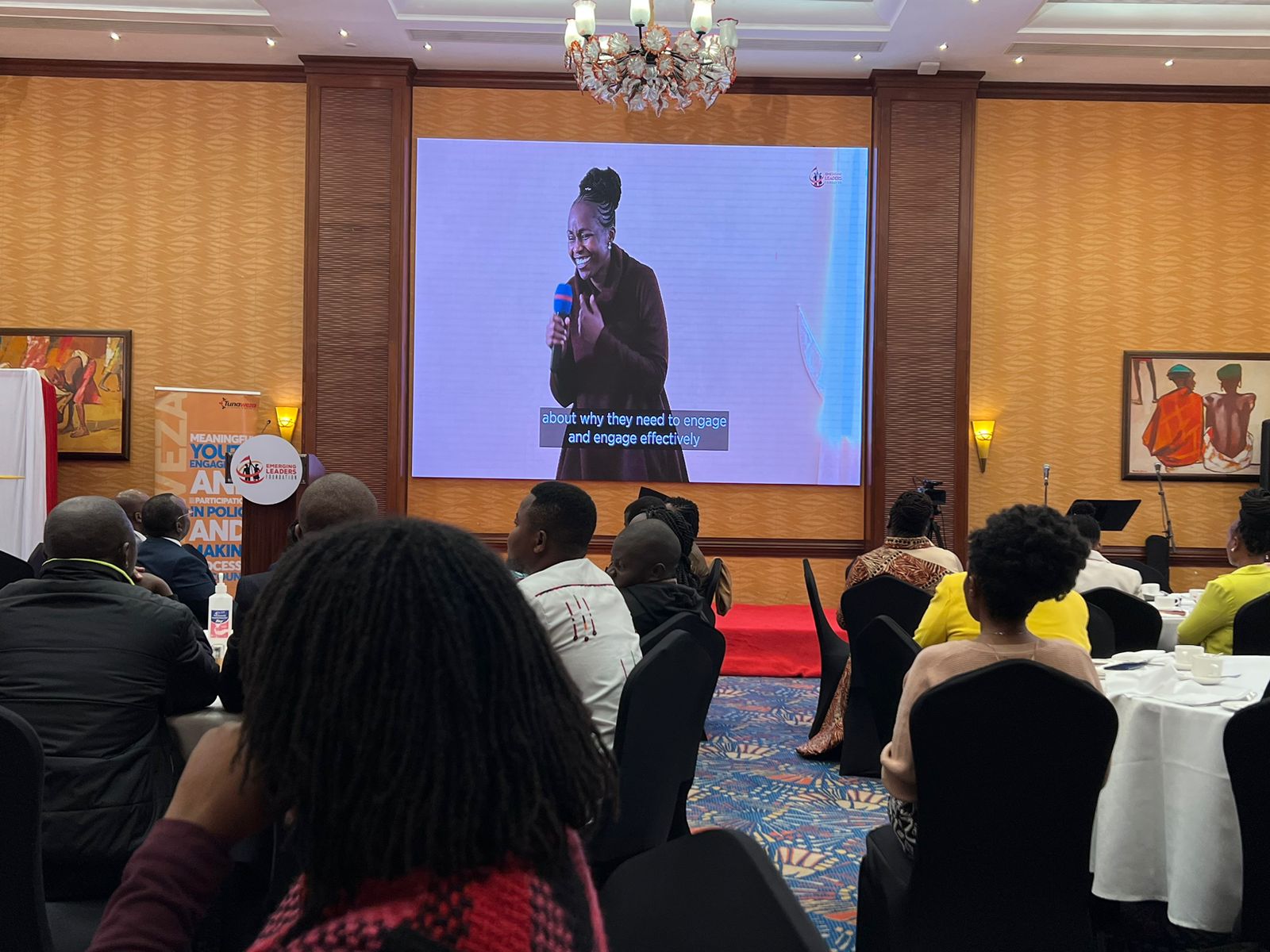
142 groups of youths took part in the research with 34 county government officials and civil society groups also interviewed.
"Across the counties, the research established that there is limited youth representation in project committees, lack of awareness and knowledge information on existing processes, and mistrust between the youth and government officials are key challenges to youth social accountability networks," the report established.
In all the counties visited, the reports established that the county governments have put in place strategies and frameworks to support public participation.
However, it was noted that many people do not have access to this information, and as such, they are unable to effectively participate and contribute to this process.
However, after the Launch of the Tunaweza Youth Project, it was established that there was significant progress in youth participation in governance for those who took part in the project.
"Young people who have engaged with the ELF-Africa Tunaweza project demonstrated a higher degree of knowledge of and participation in the county governance processes compared to the youth who have not been involved in the project whose knowledge and participation were determined to be significantly low," the research established.
Despite the many challenges and barriers to participation particularly for young people’s participation in social accountability and decision-making processes, programs like ELF-Africa’s Tunaweza and Husika projects have strived to create opportunities for adequate interface between right holders and duty bearers.
By working with young people, the Tunaweza projects strive to undertake social accountability interventions that enable communication and interaction between young people and county governments with the aim of promoting good governance and improving service delivery.
The use of technology, the research says, such as online media for mobilization and engagement was identified as one of the ways to increase the reach and participation of young people in development and current affairs.
However, due to their past interactions with the government, and false information, there is a general sense among the youth that their opinions and priorities are not taken into consideration or are not aligned with those of the government.
"The Tunaweza project has proven to be relevant and effective in engaging young people and raising their consciousness about the roles and opportunities they have to influence governance in their counties. Through their engagements, they have successfully involved a significant number of young people in the development of relevant policies," the research established.
The research concluded that based on the work of the Tunaweza Youth Project, social accountability networks have the power to change any society for the better and increase youth participation in governance.
